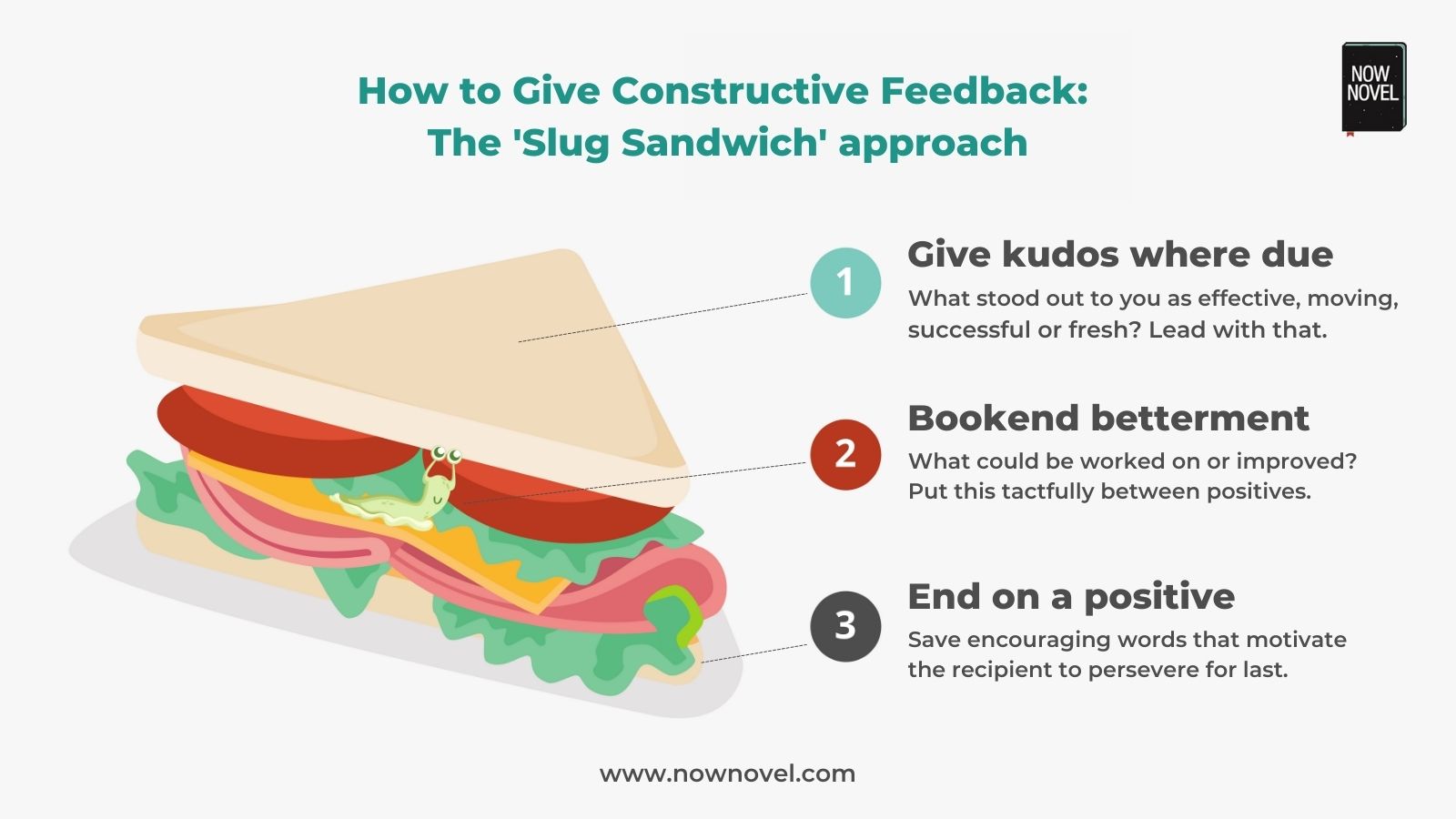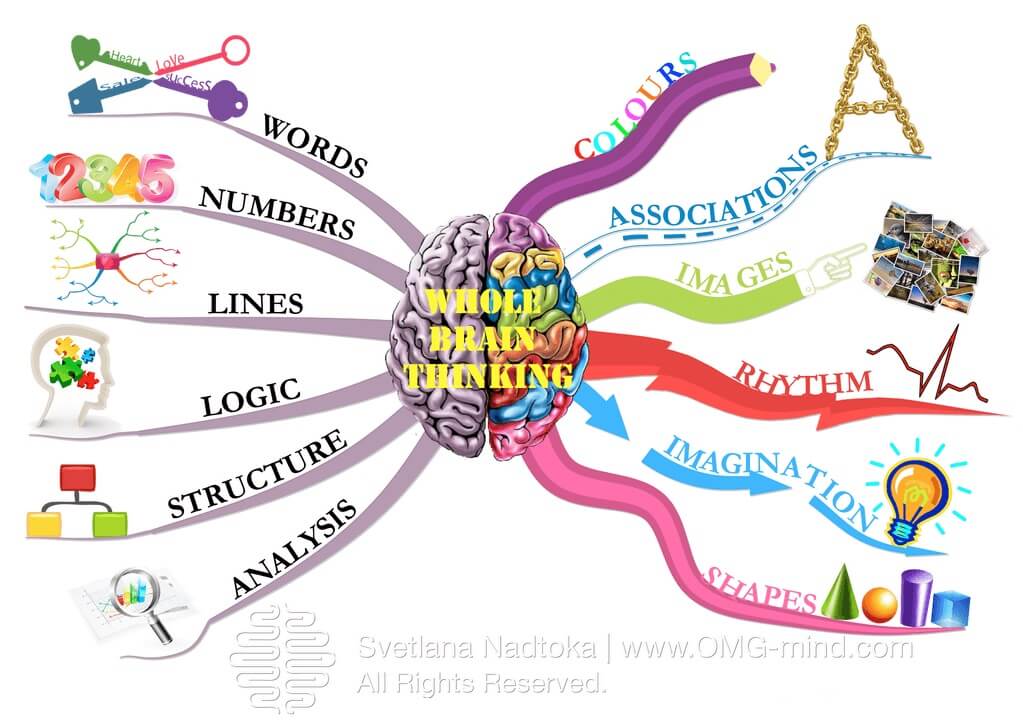How to Improve Creativity in Writing

Introduction
Challenges in creative writing and the importance of improving skills
Creative writing and essay composition are distinct forms of writing, yet they overlap in their goal to convey messages effectively. My journey in exploring both has revealed valuable techniques that can enhance any writer's arsenal. Merging creative writing strategies with the factual rigor of essay writing presents a unique challenge - sparking the reader’s interest while maintaining the integrity of the information presented. I have discovered, through both personal practice and academic study, that the process of improving writing skills is not exclusive to those in the humanities. With a professional tone, I am committed to fostering an environment where improvement is seen as a collective responsibility, cutting across all disciplines. As an educator, I hold the conviction that shaping strong, versatile writers is a task that rests on my shoulders, as much as it does on theirs. [1][2]

Constant Writing
1. The importance of writing consistently
In my professional journey, the discipline of regular writing has been invaluable. Just as an athlete trains to stay in peak condition, I view consistent writing as essential training for the mind. It keeps my thought processes sharp and my skills honed. Importantly, adherence to a daily writing routine does not stifle creativity; rather, it lays the groundwork for inspiration to take hold. My continual engagement with words and ideas has unquestionably contributed to a more robust vocabulary and a dynamic writing style – qualities that are indispensable in my field.
2. Overcoming writer's block and generating fresh ideas
Personal experience has shown me that the most effective antidote to writer's block is the act of writing itself. By committing to put pen to paper every day, I've found that the ideas naturally begin to flow. As a content writer, I have learned the importance of immersing myself in my chosen niche and extracting related topics, which has formed an endless wellspring of content possibilities. Regular writing encourages an interactive relationship with one's thoughts, paving the way for unexpected breakthroughs and novel perspectives. [3][4][5][6]

Establishing a Routine
1. Creating a writing habit
In my professional routine, setting achievable writing goals has been crucial. By designating specific time blocks dedicated solely to writing, I've established a rhythm that fosters both discipline and efficiency. I start by setting realistic expectations based on my daily responsibilities and available time, ensuring that my writing practice is sustainable—thereby building a foundation for long-term consistency and success.
2. Incorporating reading into the routine for inspiration
Moreover, integrating reading into my routine has been instrumental in sparking creativity. Engaging with a diverse array of texts offers fresh perspectives and ideas, which often become the seeds for my writing projects. Deliberately exposing myself to different authors and genres expands my understanding and prevents my work from becoming stagnant, simultaneously fueling my motivation and enriching my written output. [7][8][9][10]

Exploring Different Genres
1. Trying different writing styles and genres
In my pursuit of creativity, I have found that delving into diverse writing styles and genres is incredibly enriching. Whether it is narrative fiction, insightful non-fiction, or lyrical poetry, each form offers unique challenges and opportunities for growth. Tackling different genres not only refines my skill set but also emboldens me to express myself with greater versatility. I continuously seek channels, such as social media and professional blogs, to both test the waters of these new arenas and to connect with varied audiences. This practice not only elevates my work but also augments my voice with fresh, dynamic tones.
2. Stepping out of the comfort zone and experimenting with new ideas
Embracing experimentation plays a critical role in my creative process. As I step out of my comfort zone and toy with unconventional ideas, I often stumble upon new passions and genres that resonate deeply. This venture is not without its risks; however, it inevitably leads to the discovery of compelling modes of storytelling and communication. By challenging the familiar boundaries of my craft, I not only hone my abilities but also shape a distinct and authentic narrative style that has the power to connect with readers on various platforms. [11][12][13][14]

Seeking Feedback
1. Importance of constructive criticism
In my professional journey as a writer, I have learned to cherish the value of constructive criticism. The feedback I receive from peers and mentors is not merely a collection of opinions but rather a compass that guides the refinement of my work. It illuminates strengths to build upon and areas requiring enhancement. Engaging with criticism is not an exercise in seeking approval but an essential mechanism for evolution and excellence in writing. Through the prism of others' insights, I am able to view my work from fresh perspectives and push the boundaries of my capabilities.
2. Engaging in writing communities and workshops for feedback and improvement
To further support my growth, I actively participate in writing communities and workshops. Such forums provide not just a platform for presenting my work, but also a fertile ground for collaboration and learning. In these collective settings, I am exposed to a diversity of styles and thoughts that stimulate my creative sensibilities. Engaging with fellow writers instills a sense of camaraderie and shared purpose, reinforcing our collective pursuit of the written word's mastery. The iterative process of writing, receiving critique, and revising based on group feedback is an incomparable tool in shaping my literary voice and skill. [15][16][17][18]

< h2>Enhancing Vocabulary and Language Skillsh2><h3>1. Expanding vocabulary through reading and word gamesh3><p>In pursuit of linguistic dexterity, I meticulously engage in reading a wide array of genres and content. This constant exposure to diverse verbiage not only broadens my vocabulary but also enables me to discern nuances in language use. Additionally, I regularly challenge myself with word games and puzzles. These enjoyable activities serve a dual purpose: they are both entertaining and educational, further cementing my lexical acquisition. An expansive vocabulary is not just a tool for expression; it is the bedrock upon which the art of persuasive and evocative writing is built.p><h3>2. Practicing grammatical and linguistic techniques for more impactful writingh3><p>Deliberate practice of grammatical structures and linguistic techniques underpins my quest for eloquence and clarity in writing. Meticulously crafting sentences, I ensure that each word and phrase serves a specific purpose. Syntax and semantics are not arbitrary—they are the instruments through which the music of language is composed. By continually honing my knowledge of grammar and rhetorical devices, I enhance the overall impact of my writing, shaping it into a conduit that effectively conveys my thoughts and engages my readers.p>
Embracing Creativity Exercises
1. Engaging in brainstorming sessions and mind mapping
To nurture my creative thinking, I actively participate in brainstorming sessions and utilize mind mapping techniques. During these sessions, I allow my thoughts to flow freely, embracing the stream-of-consciousness approach. By capturing my ideas, thoughts, and emotions, I gain a deeper understanding of my characters and their motivations. Mind mapping, on the other hand, encourages non-linear thinking and helps me uncover new connections and explore different possibilities. These exercises allow me to break free from constraints and discover innovative solutions to any writing hurdles or plot holes encountered in my work.2. Using writing prompts and creative exercises for inspiration
I find immense inspiration by using writing prompts and engaging in creative exercises. These activities provide a fresh perspective and ignite my imagination, enabling me to explore various genres, styles, and formats. By challenging myself to write in different voices or explore unconventional themes, I expand my writing repertoire and reach diverse audiences. Writing prompts also serve as a springboard for new ideas, helping me overcome writer's block and invigorate my creativity. Through these exercises, I discover unexpected storylines, unique character development, and innovative solutions, making my writing more engaging and compelling to readers.
Researching and Fact-Checking
1. Conducting thorough research to enhance credibility
In my writing, I prioritize conducting thorough research to enhance the credibility of my content. I believe that accurate and up-to-date information adds value to my work and ensures that my readers can trust the facts presented. By delving into reputable sources such as academic journals, books, and reliable websites, I gather a broad range of information that supports my claims. The research process enables me to deepen my understanding of the subject matter, identify any knowledge gaps, and present a well-rounded perspective. This diligent research also allows me to provide accurate citations and references, lending further credibility and authority to my writing.
2. Ensuring accuracy and fact-checking to maintain integrity in writing
Maintaining integrity in my writing is paramount, and I do so by ensuring accuracy through fact-checking. Fact-checking involves carefully verifying the accuracy of facts, figures, and information that I include in my work. This process helps me to avoid errors, misinformation, and potential biases. By cross-referencing multiple sources and consulting trusted experts, I can confidently present accurate information to my readers. Fact-checking also helps me to avoid spreading false information or perpetuating myths. By employing this rigorous approach, I ensure that my writing remains trustworthy and reliable, establishing a strong foundation for my arguments and conclusions.
Through extensive research and meticulous fact-checking, I uphold the highest standards of professionalism in my writing. This not only improves the quality and credibility of my content but also reinforces my commitment to providing accurate and reliable information to my readers. [27][28][29][30]

Conclusion
Summary of key strategies to consistently improve creative writing skills
In conclusion, there are several key strategies that can help writers improve their creative writing skills and make their words flow. These strategies include freewriting, leveraging strengths, researching and fact-checking, and maintaining integrity in writing. By employing these techniques, writers can enhance the credibility and quality of their content.
- Freewriting allows writers to brainstorm ideas without worrying about technicalities, stimulating creativity and generating initial thoughts.
- Leveraging strengths by focusing on what you are good at can boost confidence and motivation, making writing less difficult.
- Thorough research helps enhance credibility by adding accurate and up-to-date information to the content, ensuring readers can trust the facts presented.
- Fact-checking is essential for maintaining integrity in writing, ensuring accuracy and avoiding errors, misinformation, or biases.
By consistently practicing these strategies, writers can develop their creative writing skills, engage their readers, and produce high-quality content. It is important to remember that improving writing skills is an ongoing process, requiring dedication, practice, and an open mindset to continuous learning and growth. [31][32]
